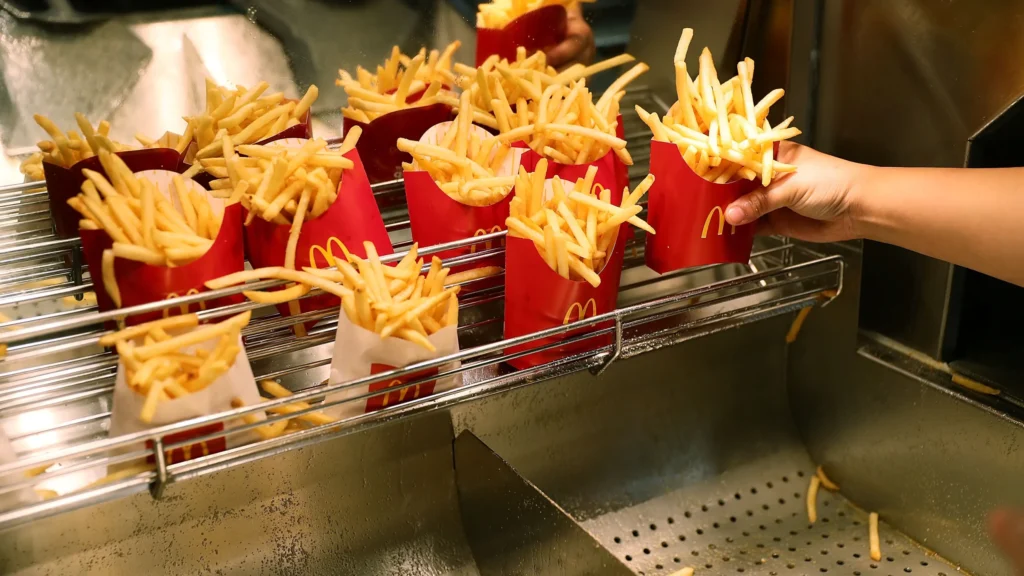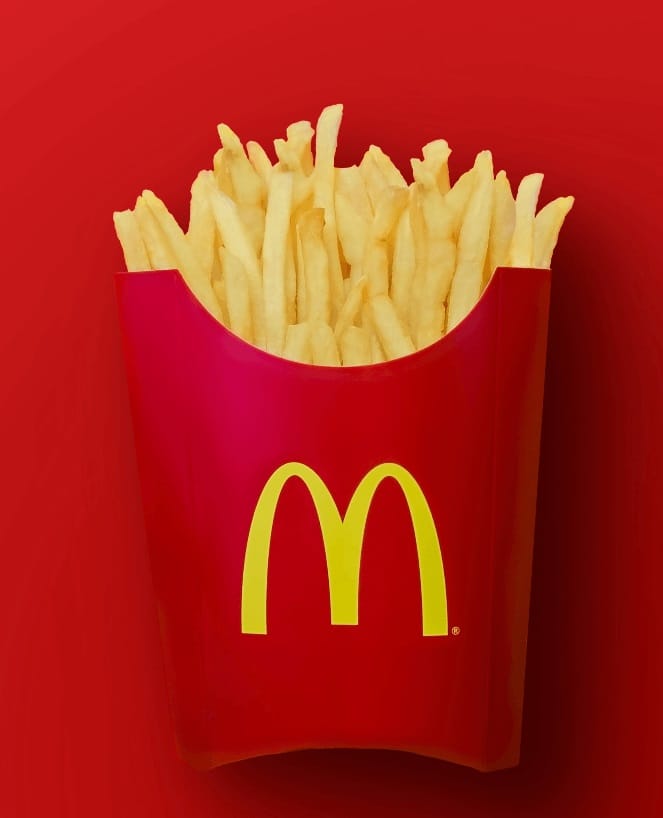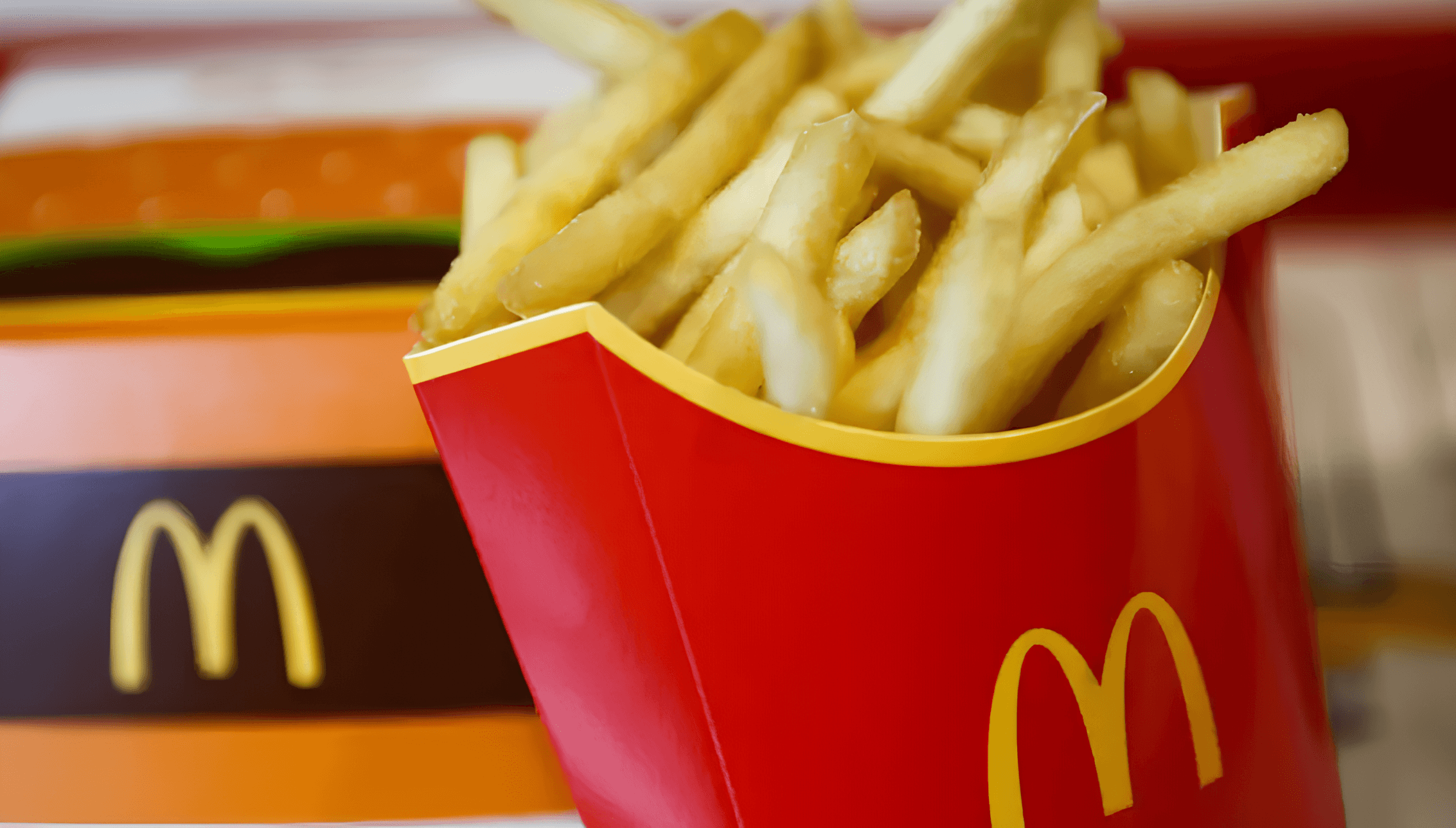McDonald French fries have long been a staple of the fast-food industry, symbolizing comfort and consistency for millions. However, recent shifts in consumer behavior are impacting not only McDonald’s but also its major suppliers.
McDonald French Fries Supplier Faces Challenges
One of the largest suppliers of McDonald french fries, Lamb Weston, is facing significant hurdles as fast-food sales slow down. The company has recently announced the closure of a production plant in Washington state, resulting in the layoff of nearly 400 employees.
This move reflects a broader trend of declining demand for fast food, with more consumers choosing to cut back on eating out due to rising costs.
The closure of this plant represents about 4% of Lamb Weston’s workforce, signaling a strategic adjustment in response to lower sales volumes. With the slowdown in restaurant traffic, the future for both fast-food chains and their suppliers looks uncertain.
Economic Factors Affecting McDonald French Fries Sales

The decline in demand for McDonald french fries is largely driven by rising restaurant prices. Over the past few years, the cost of dining at fast-food outlets has increased faster than that of grocery shopping, prompting customers to look for more affordable options.
As a result, fast-food giants like McDonald’s are seeing fewer people visiting their outlets.
McDonald’s has tried to counteract this trend by introducing $5 meal deals, bundling items like a McDouble cheeseburger, small fries, chicken nuggets, and a drink. Despite these efforts, customers are opting for smaller portions, which affects suppliers like Lamb Weston who depend heavily on fry sales.
Lamb Weston’s Strategic Response
Lamb Weston’s response to the reduced demand for McDonald french fries involves significant cost-cutting measures. According to CEO Tom Werner, the company expects the current slump in restaurant traffic to persist through 2025.
To manage this downturn, Lamb Weston has not only reduced its workforce but also scaled back its production lines to match the lower demand.
More Like This: Wendys Krabby Patty – A Taste of Bikini Bottom
The company’s reliance on fast-food chains, which account for around 80% of the french fries consumed in the U.S., means that its fortunes are closely tied to the performance of giants like McDonald’s.
As fewer customers frequent these establishments, Lamb Weston’s sales figures have taken a hit, with a 35% drop in share prices this year alone.
Future Outlook for McDonald French Fries and the Fast-Food Industry

The future of McDonald french fries and the broader fast-food industry appears uncertain as economic factors continue to shape consumer behavior.
Analysts suggest that the move towards home-cooked meals and the rising prices of fast food are not just temporary trends but could signal a longer-term shift in eating habits.
Fast-food chains are facing pressure to innovate and provide more value-driven options to lure customers back into their stores. While promotional deals have some effect, they have yet to reverse the overall decline in customer traffic at places like McDonald’s, where sales fell by 0.7% last quarter.








